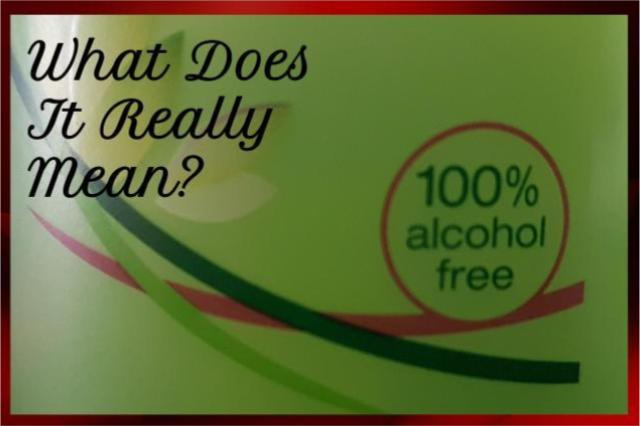
What is Alcohol Free Skin Care – What it Really Means
So, what is alcohol-free skin care and what does it actually mean? I wrote a post recently about the different types of alcohols used in skin care products and a few people were shocked to discover that alcohol-free doesn’t always mean completely alcohol-free so I decided I needed to dedicate a whole post to the subject.
Much like fragrance-free which may not be completely free of all fragrance, alcohol-free falls into that same category where the term is not completely accurate (at least not from the general public’s point of view) and some might even say slightly misleading. But most companies expect us, the consumers to understand the definition and know the differences between the types of alcohol added, so from their perspective, they don’t see it as misleading at all.
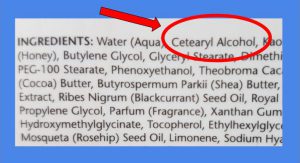 The Different Types of Alcohol
The Different Types of Alcohol
There are mainly two very different types of alcohol used in skin care products and they are simple alcohols and fatty alcohols but their effects on the skin are very different. Simple alcohols like ethanol are the troublesome kind that may cause drying and irritation to the skin whereas fatty alcohols like Cetyl Alcohol actually have the opposite effect and can be moisturising and hydrating to the skin.
When I first discovered that my alcohol-free products still contained alcohol, I was slightly confused to say the least and although it turned out that these alcohols were fatty alcohols (the good kind) I was still left wondering how these products could be labeled as alcohol-free when they were so clearly not.
Why the Confusion
The confusion occurs because most of us are not scientists so we don’t fully understand the different terms used to described certain ingredients. To us, we believe that all alcohols are the same regardless of what kind they are and that they all mean one thing and that’s volatile, drying, and irritating to the skin. In reality, there are many different substances that fall into the category of alcohol and they all have equally different properties.
Ethanol is the type of alcohol that most of us are familiar with. When you think about the word alcohol, you’re probably thinking about beer, spirits, rubbing alcohol, harsh toners etc, Well this is the simple alcohol, ethanol and this is the stuff that can cause all sorts of irritation when found in certain levels in skin care products.
In the case of skin care, the term alcohol-free only refers to the fact that none of these problematic simple alcohols like ethanol are present in the formula. Fatty alcohols are very different and have very different properties and as such are not deemed to be in the same category so for this reason, they are not included in the term alcohol-free and are allowed to be present in an alcohol-free formula.
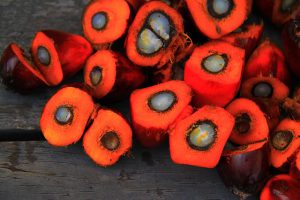 What Are Fatty Alcohols
What Are Fatty Alcohols
Fatty alcohols are very different and some might even say that they are not really alcohols as such, at least not in the true sense of the word. Fatty alcohols are actually derived from the fatty acids of natural fats and oils like coconut oil or palm oil and have more of a wax-like texture as against pure alcohol like ethanol which is in a liquid form.
Because of their nature, fatty alcohols are considered as good ingredients that can benefit the skin in a number of ways including keeping the skin softer and more hydrated. Their natural fatty acid content acts as an effective moisturiser and they are considered especially helpful for those with dry skin. These types of alcohols are often used in skin care products as emollients, emulsifiers and as thickeners and they can be found in skin care products under a variety of different names that include:
- Cetyl Alcohol,
- Stearyl Alcohol,
- Cetearyl Alcohol,
- Behenyl Alcohol,
- Myristyl Alcohol
When Fatty Alcohols Can Become Problematic
As much as fatty alcohols are considered as a good ingredient, there are occasions when they too can cause issues for some. Because these ingredients are derived from fats and certain oils like coconut oil, they can be pore clogging and when they’re present in higher concentrations they can lead to breakouts for some especially those who are already acne prone or those with sensitive skin.
Even in low concentrations, they can cause irritation and breakouts to those with extremely sensitive skin so there are some people who need to avoid fatty alcohols all together just as much as simple alcohols, although, for the most part, fatty alcohols are not an issue for the majority of people.
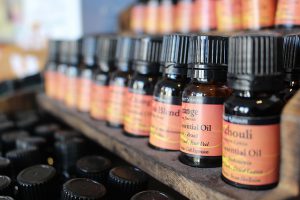 Benzyl Alcohol
Benzyl Alcohol
Benzyl alcohol is another form that deserves a mention because much like fatty alcohols, it does not fall into the same category as simple alcohols and as such it is also not included in the term alcohol-free. However, benzyl alcohol is problematic because it is considered as a possible irritant and although it is an aromatic alcohol, it is very similar in nature to simple alcohols meaning that it can cause irritating and drying effects to the skin.
Benzyl alcohol is found in many plants, fruits, and essential oils and is considered as a natural ingredient so you may commonly find it in natural skin care products. It is also often used as a fragrance ingredient too so don’t be surprised if you come across this one on your alcohol-free label. Its use is actually restricted in the European Union because it is known as a possible irritant so it’s definitely one to be cautious of especially if it appears anywhere near the top of your ingredients label.
Final Thoughts
Most of us would expect an alcohol-free product to contain absolutely zero alcohol but as you’ve just read, this isn’t actually the case. You can certainly see why people get confused when they start to examine the labels on their alcohol-free products and discover all types of ingredients ending in the word alcohol. With all that said and with the exception of benzyl alcohol, most alcohol-free products should still be irritant-free for the majority of us.
How do you feel about alcohol-free products? If you’d like to share any thoughts and opinions on the subject, please feel free to do so in the comments section below.

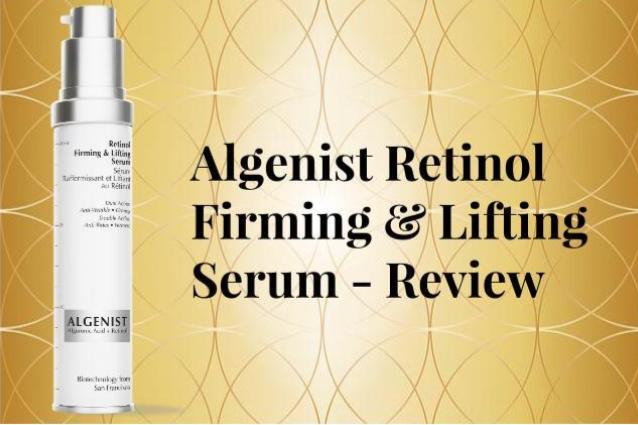
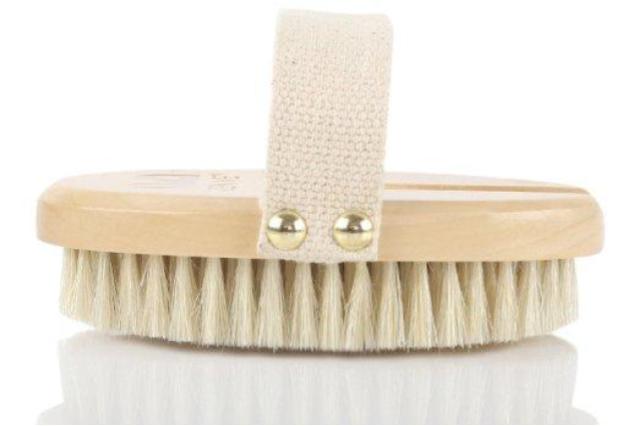
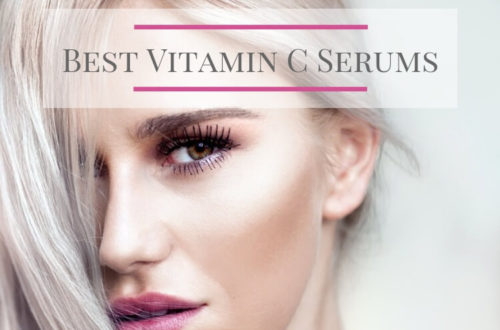
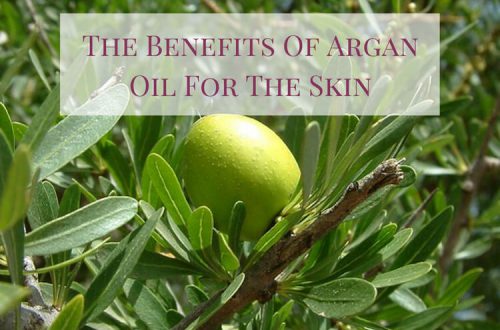
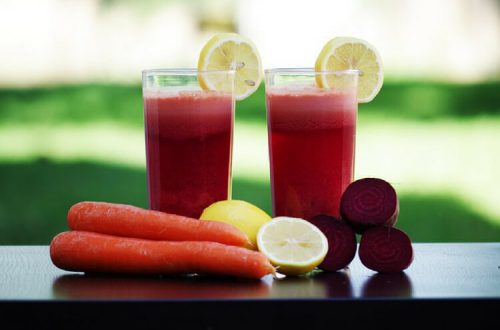
4 Comments
shelby
Wow! You have listed some great information here! First off, although I have limited my skin care to natural products; I had no idea that natural alcohol could be an irritant to my skin. I also didn’t know that these products could still be listed as alcohol free. (Sneaky marketing at its best!) Thanks for the tips!
Jessie
Hi Shelby
Benzyl alcohol is the one to watch for if you’re a avid natural skin care product user. It is worth mentioning though that if the levels are fairly low, you may have no issues at all using products containing it. In fact, you may have no issues what so ever using any products that contain alcohol including the simple ones if the levels are minimal, it all depends on your skin and how much is in the product.
Just watch out for where they appear on the ingredients labels, if they’re anywhere near the top then that’s when you need to be cautious. Or if you happen to be very sensitive to alcohol at any level then it’s wise to scan those ingredient labels carefully to see what kinds of alcohol are present even in the alcohol free ones.
3esso
Thanks Jessie for this valuable information.
It is the first time for me to know that. I really thought that ‘alcohol free’ is really ‘alcohol free’, but this idea turned out to be wrong.
But the question is why don’t the manufacturers make products that are truly alcohol free, literally. Are these alcohols an essential ingredient that can’t be omitted or even replaced by others?
Another inquiry. Is there a certain brand that provides truly alcohol free products, especially deodorants (that’s what I care about most)?
Jessie
Hi 3esso
I thought the exact same thing until I looked into it further after spotting an alcohol ingredient in one of my alcohol free skin care products. Here’s a whole post on the reasons why alcohol is often added to skin care products if that helps. As for whether or not there are any real alcohol free products out there, I can tell you that out of all of my supposedly alcohol free products, only one was truly alcohol free.
The only real way to know for sure is to check the labels but I may do some thorough research on it and see how many truly alcohol free products I can find and I’ll do a whole post on the results so watch this space.